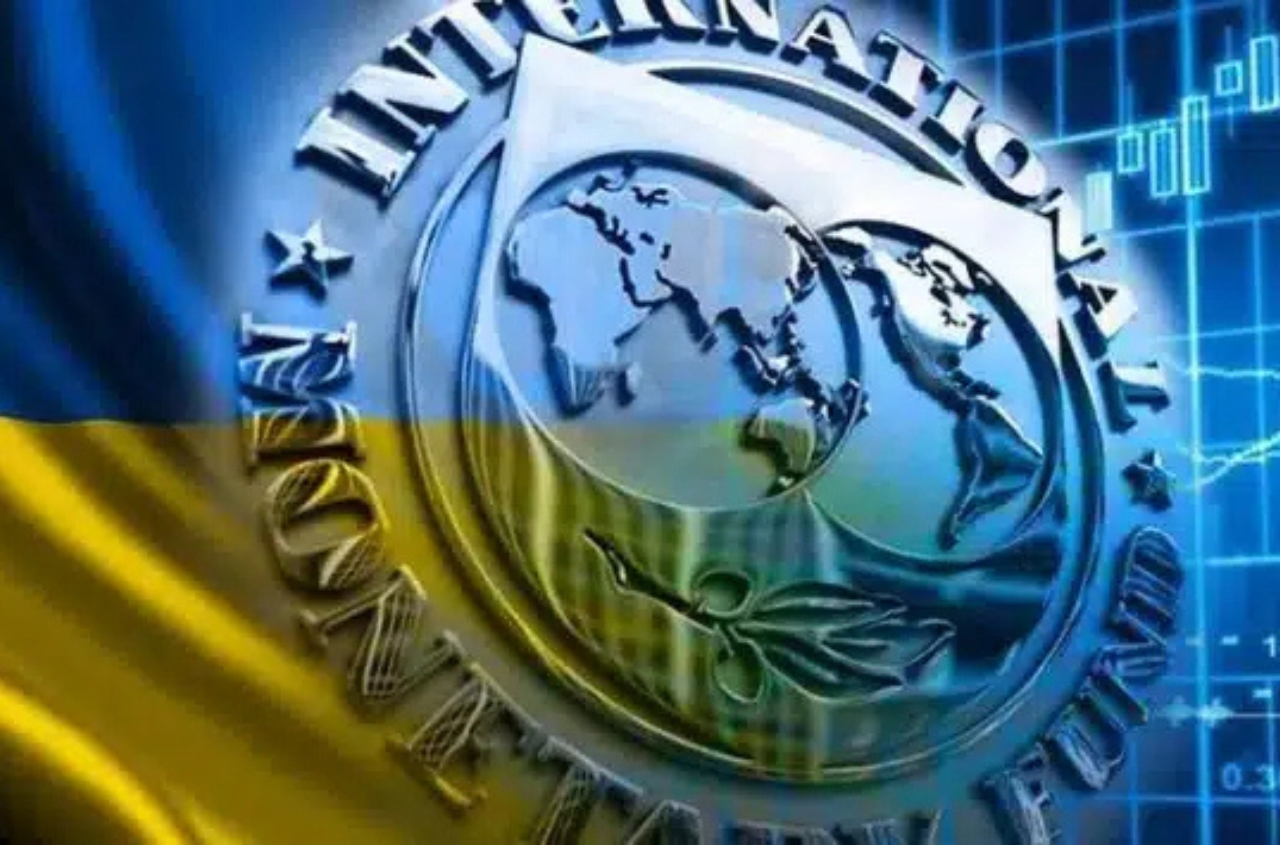The International Monetary Fund (IMF) has updated its negative scenario following the fourth review of Ukraine's Extended Fund Facility (EFF) program, maintaining the assumption of a more intense war lasting until the end of 2025. This information is detailed in the IMF materials published on its website.
The Fund has improved the GDP forecast for this year while simultaneously worsening it for the next.
"It is now assumed that the shock will start in the third quarter of 2024 compared to the second quarter of 2024 in the third review. The economy will contract by 1.7% in 2024 compared to a growth of 2.5-3.5% in the baseline scenario," the IMF materials state.
In the previous negative scenario, the IMF estimated a possible economic decline for Ukraine this year at 4%, but also anticipated no growth next year. However, the Fund now believes that under the negative scenario, Ukraine's economy will shrink by another 1% next year.
"The ongoing energy deficit is expected to reduce production in 2025, leading to a further GDP decline of 1% in 2025, compared to the third review," explained the IMF.
The Fund expects that a prolonged war will impact economic sentiment, energy availability, the pace of migrant returns, budgetary needs, and export potential.
In the updated negative scenario, the trade balance deficit estimate for this year has been increased by $1.3 billion to $34.4 billion, and next year by $0.7 billion to $26.0 billion, compared to $27.8 billion and $32.2 billion respectively in the baseline scenario.
The current account deficit estimate has also been raised from 7.9% of GDP to 8.6% of GDP this year, and from 1.4% of GDP to 1.7% of GDP next year, while in the baseline scenario these figures are projected at 5.8% of GDP and 6.9% of GDP, respectively.
"Currency market imbalances will re-emerge and are expected to persist longer due to deteriorating export performance, leading to higher nominal depreciation in the coming years before aligning with the baseline trend," the materials state.
According to the IMF, temporary pressure on the managed exchange rate flexibility regime may require the reintroduction of some foreign exchange control measures previously used during the war.
Considering the above, the negative scenario's international reserves estimate for the end of this year has been lowered by $1.9 billion to $32.5 billion, and for the end of next year by $3.4 billion to $36.6 billion, compared to $41.8 billion and $43.0 billion in the baseline scenario.
However, due to a reduction in this and next year's budget deficit estimates by 1.0-0.9% of GDP to 27.4% of GDP and 23.9% of GDP, respectively, the IMF has improved the debt estimate by 1.2-1.7% of GDP to 104.7% of GDP and 121.5% of GDP, respectively.
As for inflation, its forecast in the negative scenario remains unchanged: 10% this year and 8.5% next year, compared to 8% and 7% in the baseline forecast.
"Risks to the forecasts (both baseline and negative) remain exceptionally high, and the risk of a prolonged war has increased since the third review. Short-term external financing risks have decreased following the approval of the US budget and military support package, although delays or shortfalls could occur if the authorities struggle to meet conditions necessary for unlocking US and/or EU payments," the document notes.
The IMF adds that war-related risks, both in terms of duration and intensity, represent the biggest risk to the baseline forecast. The war may require additional expenditure for military operations in the baseline mode, including planned mobilization. A prolonged and more intense war without additional external support may necessitate suboptimal measures (e.g., cutting public aid or accumulating expenditure arrears), which could lead to socio-economic upheaval and a worsened forecast, the Fund noted.
It is stated that if the severity of shocks exceeds the negative scenario, additional unconventional measures might be needed, and the authorities have commitments and capabilities to implement them. This could include an additional tax on personal income and/or luxury goods or excises, as well as mobilizing domestic bond financing on a larger scale.
This might involve, if necessary, administrative measures requiring banks to hold a certain amount of government bonds or for a minimum period, differentiating banks based on individual liquidity conditions. Secondary NBU purchases of government bonds could also support the primary market, according to the IMF.
The Fund believes that tools such as inflation or exchange rate-linked bonds could be considered. Ultimately, if high exchange rate pressure persists but reserves remain adequate, a combination of expanded exchange controls and active currency policies might be considered during monetary policy adjustments.
"Overall, extensive discussions with authorities on contingency plans during the fourth review reaffirm that the program remains robust even under such a negative scenario," the Fund reiterated its conclusion from the third review.





















